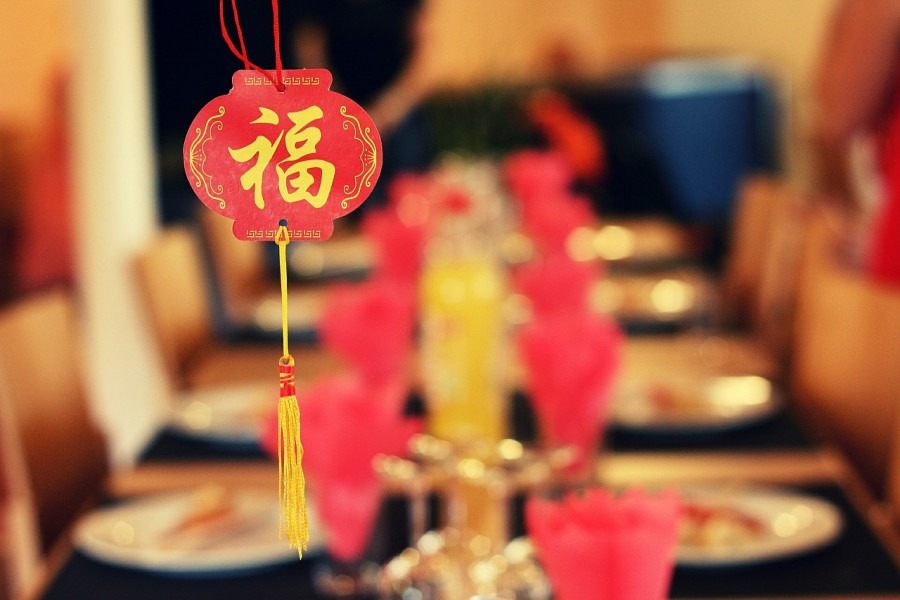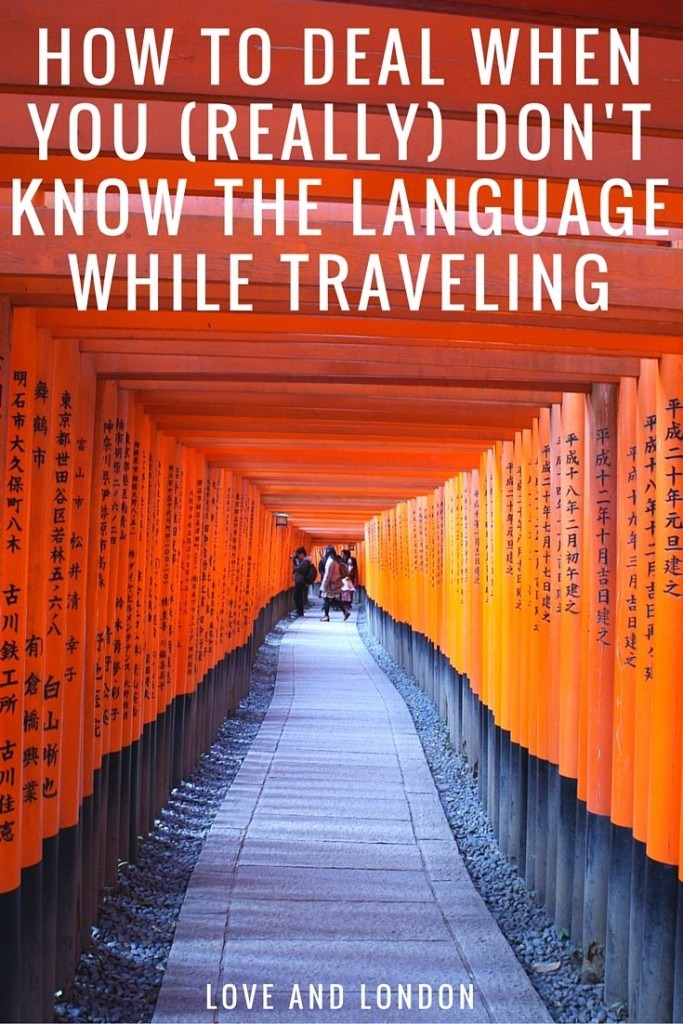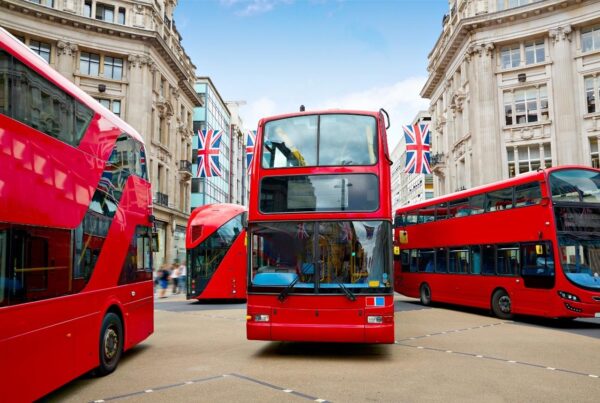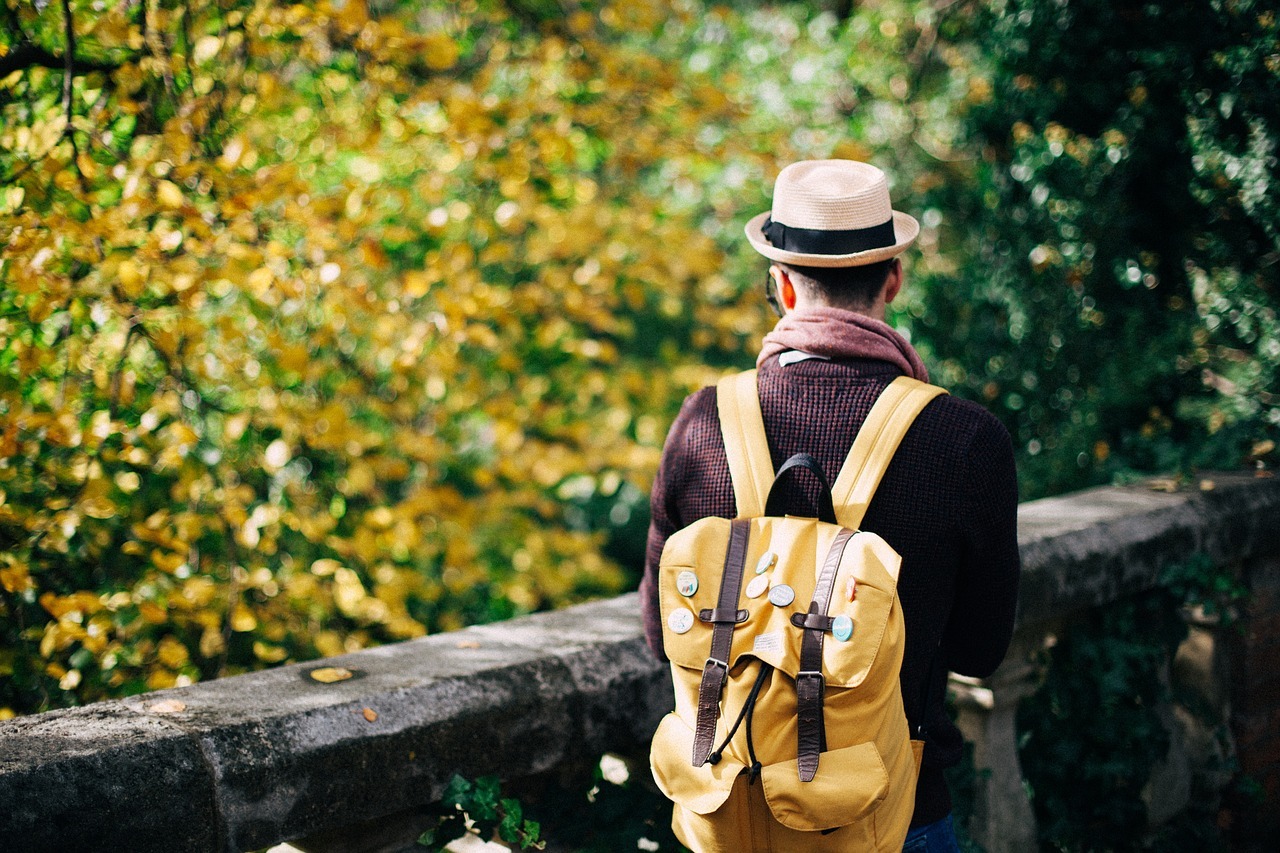
So you’ve decided to go off the beaten path, to a destination that not many foreigners (or English speakers) venture to— AWESOME! If you’re nervous that you’re going to be completely lost since you don’t know the language— like, REALLY don’t know the language, as in no amount of guessing will help — that’s completely normal, but there’s no need to worry. Check out my tips for how to deal when you don’t know the language when you’re traveling.
Thanks Flora for commenting on last week’s post that this is one of your biggest travel worries– happy to help!
Use a language app to learn the basics
What better way to get excited for your upcoming trip than to do a little bit of language learning? Apps like DuoLingo (my fave) are great for learning a language, so get yourself familiar with the basics by using the app bit by bit before you’re off on your trip. DuoLingo even helps you with your pronunciation and writing, and makes it into a game where you get points. Addictive? Perhaps. But at least it’s educational.
Write up a notecard of phrases to know
When I studied abroad, myself and three other girls traveled on our own to Paris. Our other friend who didn’t come with us spoke fluent French and wrote up a cheat sheet for us, complete with how to say the phrase “No thanks, I have a boyfriend” (of which only one of us did, but that’s not the point!) Ever since then I’ve always thought it’s a great thing to do before going somewhere you don’t know the language. Create your own cheat sheet with greetings, please and thank you, and common phrases like “where is the bathroom?” and include pronunciation clues too.
This is especially important if you have a food allergy. Be sure to include the phrase “I am allergic to FOOD” so you can ensure that nothing’s lost in translation.
Google Translate is ok to use to get your translations, although if you can find a “common phrases to know” page on a travel blog or website, that’s probably the best bet as GT can get a bit funky with its translations sometimes…
Research before you go for less confusion
Doing some research before you go means you’ll be familiar with how things work, leaving you less room for needing to ask for help.
Read up on the types of transportation you’ll be taking so you know if you should tip, how much your ride from the taxi should realistically cost, and if you need to validate your train ticket before you get on.
It’s also helpful to know some traditions and customs before you go, such as dress codes, tipping etiquette, and anything else that you might encounter when communicating with the locals.
Download a translation app
While I hate to rely on my phone while traveling, it can make life much easier (and safer!) Download a translation app to help you out when you’re really stuck, as is good to have just in case someone gets hurt or you find yourself in a sticky situation.
Some good translation apps:
• Google Translate – has tons of languages when connected to Wifi, has the lens function so it automatically translates the text that you hold your camera up to (nifty), and can be used offline for some languages on Android
• Yandex Translate – similar to Google Translate but has offline translating for select languages
• WayGo — has visual translations for Chinese, Japanese and Korean text (and Google Translate doesn’t)
Get the concierge or your host to help
A task that may sound daunting to you while in a country where you don’t know the language may actually be very simple for a local. So instead of stressing out about how you’ll communicate to the restaurant host that you need a table for two at 8pm, just have your hotel concierge or AirBnb host call ahead for you. They might even be able to request an English speaking waiter or write down the dishes that they recommend you try.
Be patient and smile
Even if it seems a bit scary at first, the unknown is part of the fun of traveling! Just have patience, breathe, and remember that a smile is universally recognized around the world.
How to do you deal when traveling in a country where you don’t know the language? Let me know in the comments below.











An old fashioned dictionary is my favourite. I will always remember sitting on a sea front wall in Ende on Flores with a bunch of Indonesian office workers who had come out on their lunch break. We had only been in Indonesia for two weeks and our bahasa was still poor. But out came the dictionary and we spent the next hour chatting with our new friends, passing the dictionary backwards and forwards, flicking through it looking for words we needed, words we didn’t need and generally having a laugh. The dictionary is still on our bookshelf and everytime I look at it I remember the fun we had with it.
What a lovely story Simon, a dictionary is definitely a good tool to have– especially because it never has a dead battery.
and you can get people you meet, to sign your dictionary as you go: what a cool momento is that?